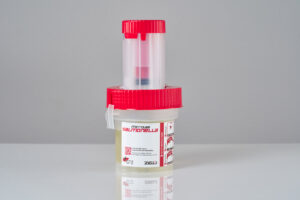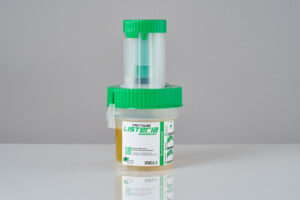
Prevention against listeria in equipment and production areas
22 Feb 2021Listeria monocytogenes is currently considered one of the emerging pathogens causing most concern in the food industry in terms of safety. This is due mainly to its great importance in ready-to-eat products; an example of which was the 2019 outbreak in shredded meat. In preparing these products, treatments are usually applied to prevent this type of pathogen; however, subsequent handling, such as packaging or slicing operations, may lead to recontamination.
Thus, to combat this risk of recontamination, the Spanish Agency for Food Safety and Nutrition (AESAN) prepared a series of guidelines for “establishments that produce ready-to-eat foods which may lead to the development of Listeria monocytogenes to take samples from the equipment and production areas, as part of a sampling plan”. Controlling this bacterium, therefore, must form part of food companies’ risk prevention policies, while these in turn are officially monitored to ensure they are sufficient to guarantee the safety of their products.
To help remove any doubts that food companies may have about their procedures – e.g. Is my control plan sufficient to produce safe food? Am I following the AESAN guidelines correctly? Will the official control bodies accept my self-monitoring plan? – reliable methods that comply with AESAN guidelines need to be used.
The MicroLab Listeria monocytogenes surfaces solution is a very simple system that meets the requirements of this document, offering reliable results in a short time and guaranteeing 100% analysis safety for companies in protecting their own premises.





